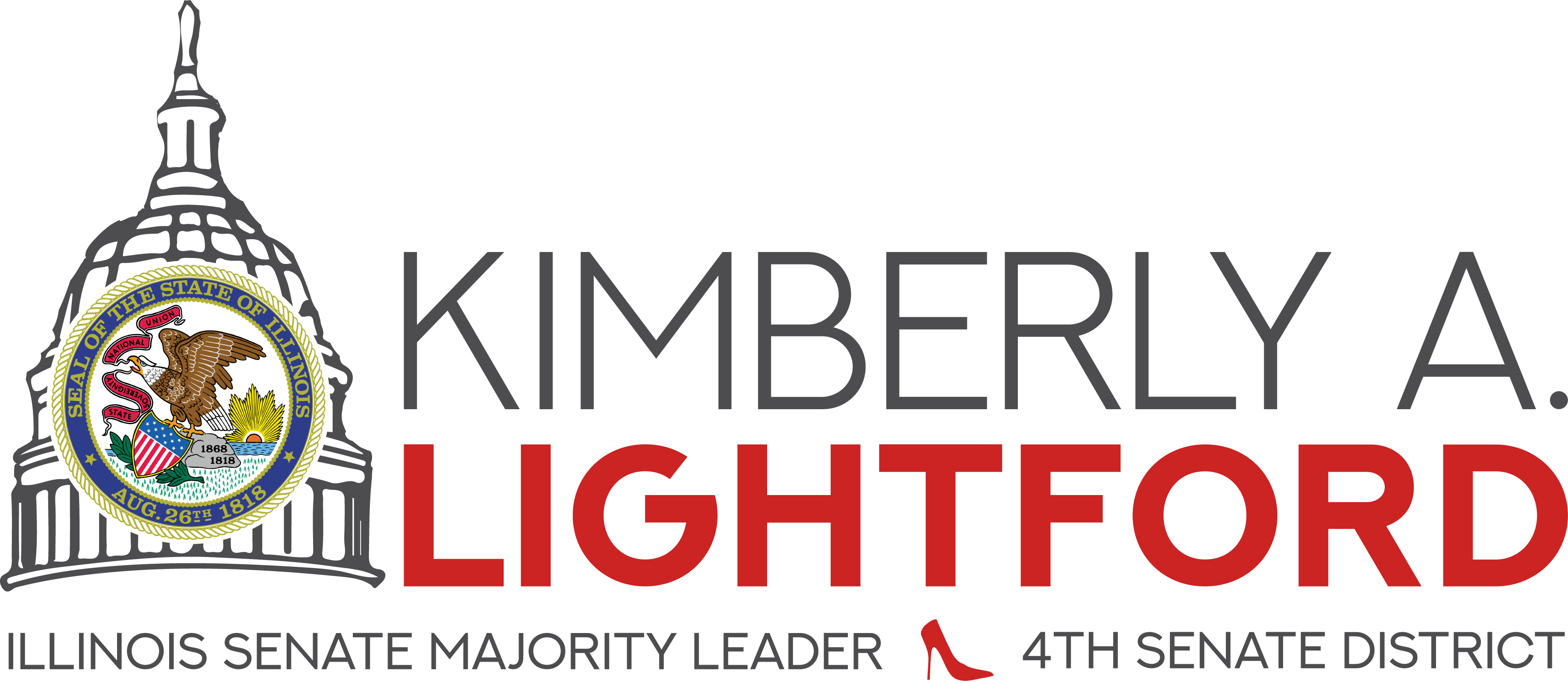Grandparents Raising Grandchildren Event 2016
- Details
- Category: News
 State Senator Kimberly A. Lightford hosted her 7th Annual Grandparents Raising Grandchildren on April 24, 2016. The event recognizes the sacrifices and commitment grandparents who are raising their grandchildren have accepted.
State Senator Kimberly A. Lightford hosted her 7th Annual Grandparents Raising Grandchildren on April 24, 2016. The event recognizes the sacrifices and commitment grandparents who are raising their grandchildren have accepted.
This year, 21 new nominees were honored and joined by 120 previous nominees. The event included dinner, raffle prizes, a presentation by Attorney General Lisa Madigan’s office. Guests enjoyed entertainment by Jordan Temple Church Men of God Mime Dancers, Maywood Fine Arts and Those Funny Little People.
Oak Street Health & The Link Incorporated partnered with Senator Lightford to offer raffle prizes and offered volunteers for the event. Senator Lightford is very grateful for everyone who made the night a success. Enjoy photos from the event!
Lightford: Human service providers have shown their commitment
- Details
- Category: News
 SPRINGFIELD- Vital health and human service programs such as addiction services and respite care may receive more funding thanks to a measure passed by members of the Illinois State Senate today. Senator Kimberly A. Lightford (D-Maywood) released the following statement regarding SB 2038:
SPRINGFIELD- Vital health and human service programs such as addiction services and respite care may receive more funding thanks to a measure passed by members of the Illinois State Senate today. Senator Kimberly A. Lightford (D-Maywood) released the following statement regarding SB 2038:
“This is a step in the right direction, but no one should be doing a victory lap. These programs are important to our communities and they’ve been desperately missed throughout this impasse. Some of these providers have suffered irreparable damage and it’s time we commit funding to them as they have committed themselves to our communities.”
Lightford: We need to update our approach on education funding
- Details
- Category: News
 SPRINGFIELD- Senate Democrats sent a measure to the House that restructures the formula for distributing funds to school districts throughout the state. Senate Bill 231 increases funds for districts in need while maintaining level funding for others. Assistant Majority Leader Kimberly A. Lightford (D-Maywood) released the following statement.
SPRINGFIELD- Senate Democrats sent a measure to the House that restructures the formula for distributing funds to school districts throughout the state. Senate Bill 231 increases funds for districts in need while maintaining level funding for others. Assistant Majority Leader Kimberly A. Lightford (D-Maywood) released the following statement.
“The reality is that our current system for distributing funds to our schools is broken. This legislation may not be perfect, but if we don’t act soon we’re only going to continue failing to provide resources to children who need them most.
Our children should be prepared for their future no matter where they live. I urge my colleagues in the House to consider this measure to bring our state’s education system up to date. Our population is constantly changing and that requires changes in the way we educate our children.”
###
Op Ed: Low-income and minority students need access to advanced academic programs
- Details
- Category: News
Time and again, we have seen the critical impact a quality education can have on a young person. However, the hard truth is that not every child in Illinois is given the same opportunity to succeed. When it comes to accessing advanced academic programs, too often, low-income and minority students are being left behind.
Often, it’s because their schools are struggling to pay for even basic programming or have failed to update their gifted identification processes to reflect current best-practices.
I have been honored to serve the 4th District of Illinois for 18 years. I take pride that many of the school districts I represent provide gifted programming for academically-advanced students, but I am concerned that disparities still exist in the enrollment of low-income and minority students in these programs.
In fact, a recent report by education advocacy organization One Chance Illinois showed that among the state’s largest districts, Hispanic, black, and low-income students have an 18 percentage point, 7 percentage point, and 25 percentage point difference, respectively, between their enrollment in gifted programs and their schools’ student population.
It’s clear more work needs to be done.
That’s why I’m proud to be the chief sponsor of a bill moving through the legislature that would change the district gifted identification and assessment requirements for school districts to qualify for state gifted funding. If passed, the Untapped Potential Act will be a critical step forward in our quest to provide a quality education for all children in Illinois, especially gifted students from low-income and minority families.
From the earliest days in my legislative career, education has been a cause that I am extremely proud to stand behind. I’ve supported a number of initiatives that have helped students of all backgrounds.
That’s why, today, I am providing my voice to help low-income and minority gifted students get access to the educational experiences they need and deserve. By being in classrooms that are a better academic fit, they are more likely to be their true academic selves and blossom into the adults that will be the visionaries of tomorrow.
- Assistant Majority Leader, Senator Kimberly A. Lightford, 4th District
More Articles …
Page 133 of 160









